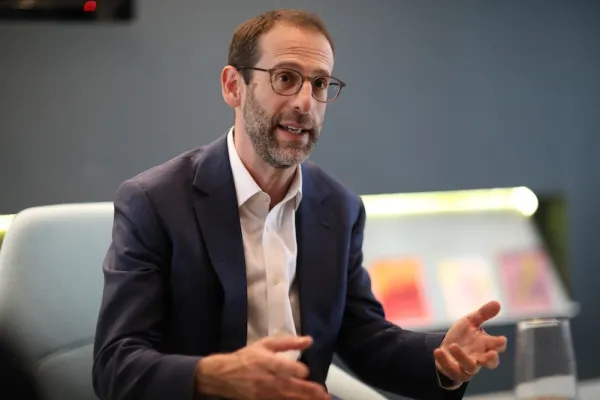European pension schemes are increasingly exploring direct investment in private equity to increase their returns, but the success of this strategy is heavily dependent on whether pensions can manage the investments in-house, according to new research.
A report released Wednesday by research firm Cerulli Associates notes that securing private equity deals requires the ability and willingness to work overnight and during holidays, since the timing of M&A deals can be unpredictable. It’s precisely this situation that works against pension scheme structures, which “militate against doing deals within a tight time frame,” a statement accompanying the report says. In addition, public pension funds often need approval for investments from trustees, who may only meet once a month.
Another major roadblock is the difficulty of recruiting staff capable of managing private equity deals, which leads pension schemes to outsource the investments to consultants and external managers. But Cerulli cites research from CEM Benchmarking last year that found investment in private equity via funds of funds added 5.5 percentage points in costs over the past 20 years compared with schemes that managed private equity investments in-house.
Cerulli’s study of pension schemes across Europe bears out the difficulty of accomplishing this, however. Of the 10 largest pension schemes in the U.K. specifically, only two — Universities Superannuation Scheme and West Midlands Pension Fund — had private equity consultants in-house. In mainland Europe, pensions were better able to manage the investments themselves, with four of the largest 10 pension schemes managing private equity internally.
Another risk is that pensions will not have the chops to properly manage an in-house private equity portfolio, said Cerulli associate director Justina Deveikyte in a statement. “There is a real danger that in-house teams that lack the rigth skills and experience will select poorly performing deals,” she said. “Post-investment monitoring also represents a considerable commitment.”
To make the transition, it will be necessary for pension schemes to have a finance function that manages the portfolio companies, the report stated. The co-head of private equity investments at Capital Dynamics said in the Cerulli study that initially, it may easier for institutions to invest alongside primary managers in order to learn the ropes and move the function in-house down the line. Another strategy for pensions beginning to take private equity investments in-house would be to start with geographies it is familiar with, suggests the senior director of private markets at London-based investment consultant bFinance.






